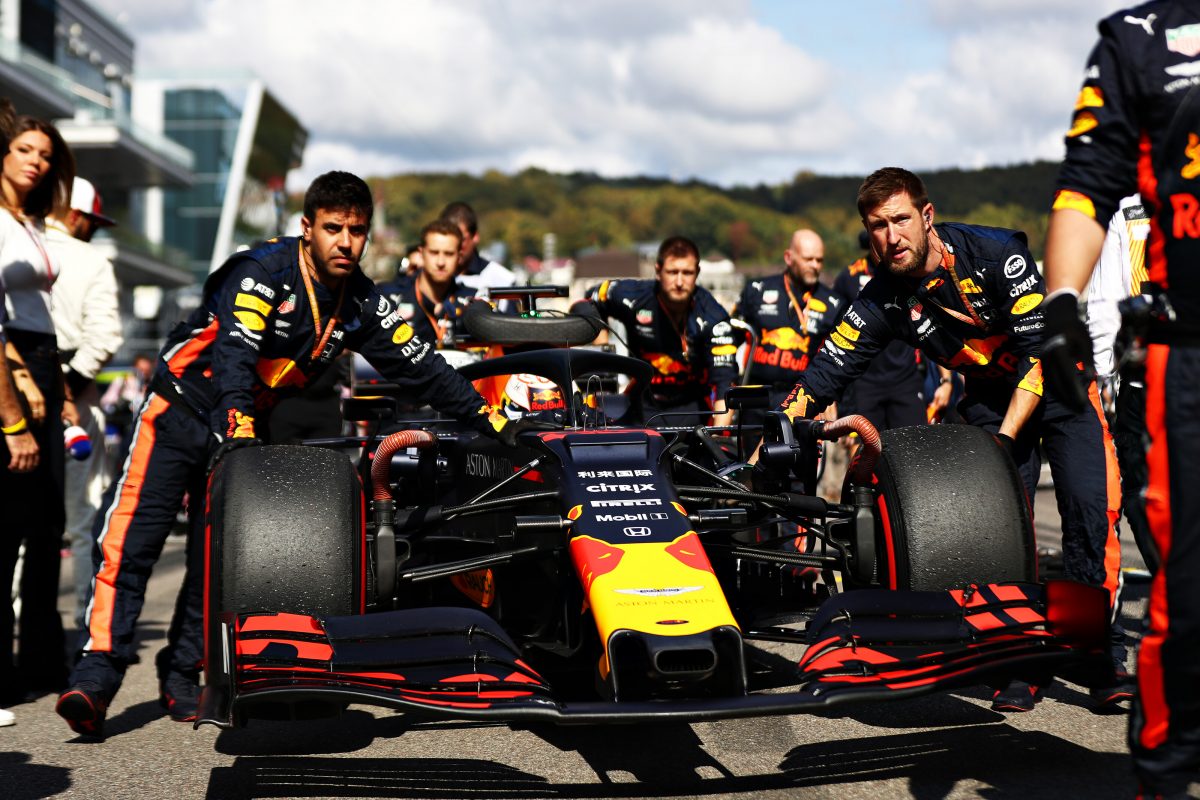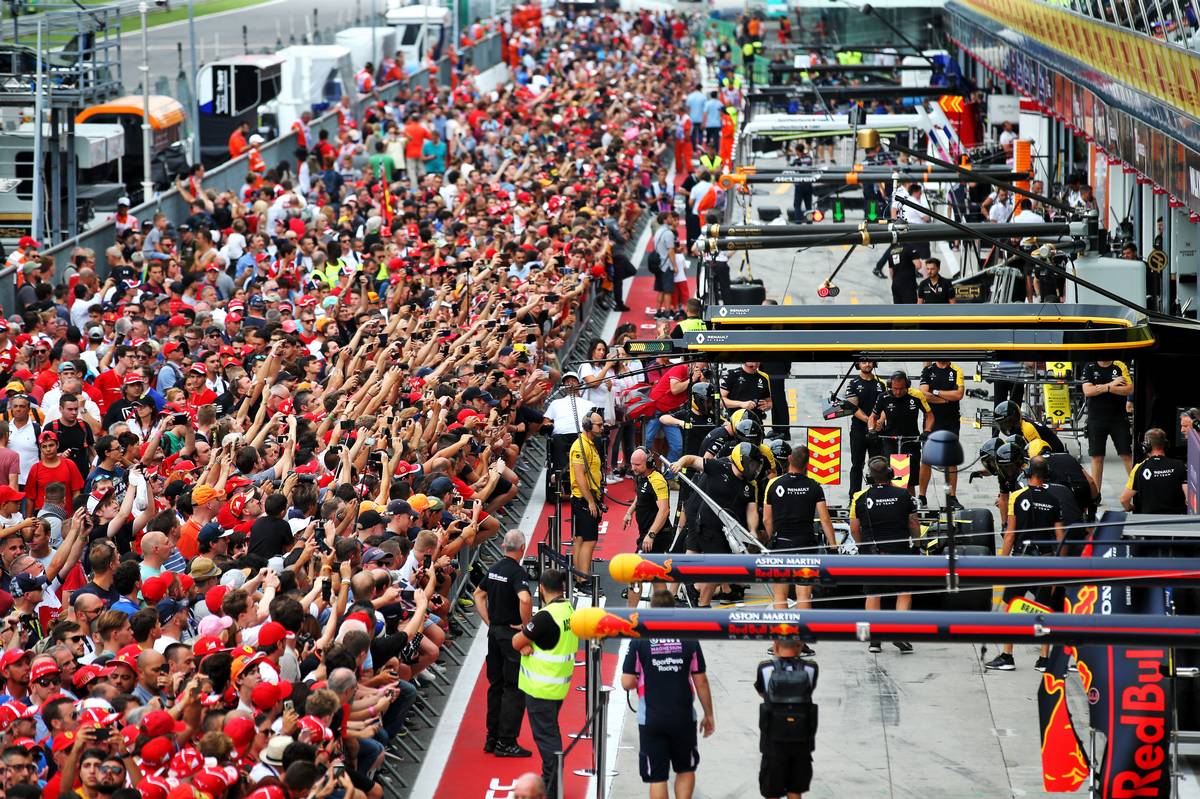
Formula 1 has announced a comprehensive sustainability plan and green campaign that will lead to the sport having a net zero carbon footprint by 2030.
The environmental endeavor is the result of F1 and the FIA working closely together with sustainability experts in the past twelve months to deliver an achievable plan targeting a reduction of the sport's emissions.
The initiative, which also involves F1 teams, race promoters and partners, will include the cars and on-track activity as well as all on-site and peripheral operations linked to the sport.
Six years after the advent of the 1.6-liter V6 turbo hybrid engine, which has placed F1 "at the forefront of automotive innovation", the sport now has "a global platform to accelerate progress and develop technologies that reduce and eliminate carbon emissions from the current internal combustion engine".
F1's plan also includes actions "to ensure F1 moves to ultra-efficient logistics and travel and 100% renewably powered offices, facilities and factories".
Grand Prix racing also seeks to ensure that all its events are sustainable by 2025, eliminating therefore single-use plastics while all waste shall be "reused, recycled or composted".
F1 will also rely on spectators to do their part, providing "incentives and tools to offer every fan a greener way to reach the race and ensure circuits and facilities enhance fan wellbeing and nature".
To help deliver its sustainability plan, F1 will work with the FIA and all of its partners, promoters, sponsors and the teams, many of which have already started tackling the sustainability issue.
F1 also revealed that the sport's carbon footprint in 2019 will total 256,551 tonnes of CO2, but power unit emissions from the 20 cars on the grid will only account for 0.7% of the total volume of CO2.
However, emissions from logistics - meaning "all road, air or sea logistics across the sport including the movement of teams equipment, F1 equipment, Paddock Club equipment and race tyres" - represent the biggest portion of F1's footprint, with a contribution estimated at 45%.

©RedBull
"Over its 70-year history, F1 has pioneered numerous technologies and innovations that have positively contributed to society and helped to combat carbon emissions," says F1 CEO Chase Carey.
"From ground-breaking aerodynamics to improved brake designs, the progress led by F1 teams has benefitted hundreds of millions of cars on the road today.
"Few people know that the current F1 hybrid power unit is the most efficient in the world, delivering more power using less fuel, and hence CO2, than any other car.
"We believe F1 can continue to be a leader for the auto industry and work with the energy and automotive sector to deliver the world’s first net zero carbon hybrid internal combustion engine that hugely reduces carbon emissions around the world.

"In launching F1’s first-ever sustainability strategy, we recognise the critical role that all organisations must play in tackling this global issue.
"By leveraging the immense talent, passion and drive for innovation held by all members of the F1 community, we hope to make a significant positive impact on the environment and communities in which we operate.
"The actions we are putting in place from today will reduce our carbon footprint and ensure we are net zero carbon by 2030."
FIA President Jean Todt underscored the broader implication of Formula 1's commitment to sustainability.
"Our commitment to global environmental protection is crucial," insists Todt.
"The FIA welcomes this Formula 1 initiative. It is not only very encouraging for the future of motorsport, but it could also have strong benefits for society as a whole.

"This strategy is in line with initiatives started some years ago by the FIA with the creation of the Environmental Accreditation Programme, more recently with the FIA Environment and Sustainability Commission, and researches on renewable racing fuel.
"Furthermore, in 2014 we introduced the hybrid power unit in Formula 1, which was essential for the development of motorsport’s highest category.
"It is the same reason that led us to maintain this philosophy within the framework of the Formula 1 regulations applicable from 2021.
"With the involvement of the teams, drivers, F1’s numerous stakeholders, and crucially the millions of fans around the world, the FIA and Formula 1 are committed to driving development and ensuring motorsport grows as a laboratory for environmentally beneficial innovations."
Gallery: The beautiful wives and girlfriends of F1 drivers
Keep up to date with all the F1 news via Facebook and Twitter






